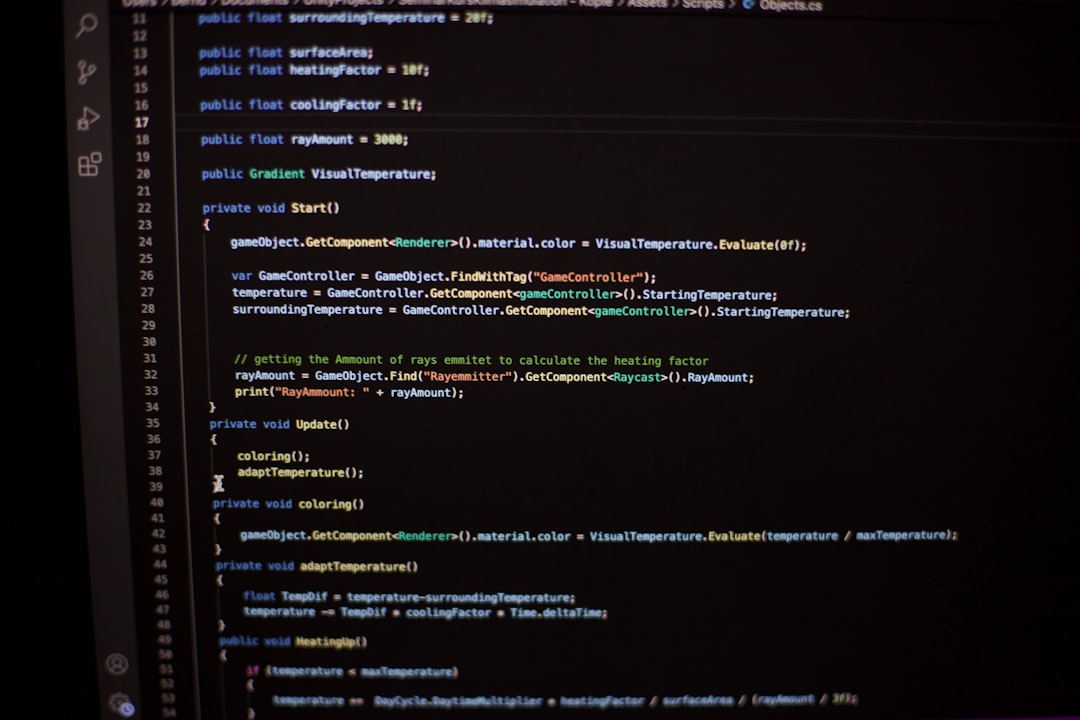
As we move deeper into the age of artificial intelligence, developers are increasingly relying on innovative tools to streamline their workflows, generate high-quality code, and build smarter applications. The year 2025 has already seen a new wave of AI-powered solutions that are reshaping how developers approach programming tasks. Whether it’s automating code completion or enhancing debugging processes, the right tool can dramatically boost productivity and creativity. Below, we explore the top 10 AI tools developers are using in 2025.
1. GitHub Copilot X
Released as an evolution of its predecessor, GitHub Copilot X is now embedded with even smarter contextual understanding. Built on GPT-5, it not only autocompletes code with incredible accuracy but also offers inline documentation, test generation, and voice-command integration, making coding almost conversational.

2. CodeWhisperer by AWS
Amazon’s CodeWhisperer has matured significantly in 2025, offering powerful multilingual support and tight integration with cloud services. Developers building serverless or cloud-native apps appreciate how it suggests optimized, AWS-compliant code in real-time.
3. Tabnine 2.0
Tabnine continues to be a favorite among teams focused on secure code generation. Its 2.0 release brings enhanced team-based learning, allowing the AI to adapt to the coding patterns and style guides of entire squads, not just individuals.
4. Mintlify AI
Mintlify transforms how developers approach documentation. This AI tool reads through your codebase and dynamically generates comprehensive docs with minimal effort. Version 2025 comes with context-aware summaries and integration with VS Code, making it seamless to maintain updated documentation.
5. Refact.ai
Refact.ai positions itself as an AI pair programmer that goes beyond auto-suggestions. It helps refactor large codebases intelligently, identifying performance bottlenecks and recommending best practices based on your project’s specific architecture.

6. DeepCode (by Snyk)
Security remains a major concern in software development, and DeepCode helps tackle this proactively. Now part of Snyk, DeepCode uses machine learning to analyze your code in real time and flag potential bugs or vulnerabilities—even suggesting safe, compliant alternatives.
7. AskCodi
AskCodi is your AI assistant that supports multiple workflows from backend queries to frontend designs. Its natural language interface means that developers can type questions or tasks in plain English and get instant code outputs, from SQL to React components.
8. Codeium
Codeium has grown rapidly thanks to its open-source ethos and multi-IDE support. Its AI is trained to adapt to any language ecosystem, offering intuitive code completions and smart refactoring tools. It’s particularly popular among Python and TypeScript developers looking for lightweight yet powerful AI support.
9. PolyCoder
A specialist in low-level programming, PolyCoder is designed for developers working with C and C++. Based on a custom-trained model focused on security-critical codebases, it’s invaluable in industries like embedded systems and aerospace where precision and safety are non-negotiable.
10. Spellbox 2025
Spellbox transforms bug hunting into a more intuitive process. Rather than searching through Stack Overflow for clues, developers can describe their problem in natural language, and Spellbox returns executable code snippets and detailed explanations. The 2025 version includes better debugging diagnostics and multi-language translations of code logic.

Conclusion
The AI renaissance in software development continues to accelerate. With powerful tools like GitHub Copilot X and Refact.ai leading the charge, developers in 2025 are better equipped than ever to produce safe, efficient, and scalable code. Whether you’re a solo freelancer or part of a large engineering team, these AI solutions can help cut down repetitive tasks, elevate code quality, and even spark creative problem-solving.
As AI tools evolve, developers must stay informed and adaptable—embracing these assistants not as a replacement for human creativity, but as collaborators in coding excellence.






